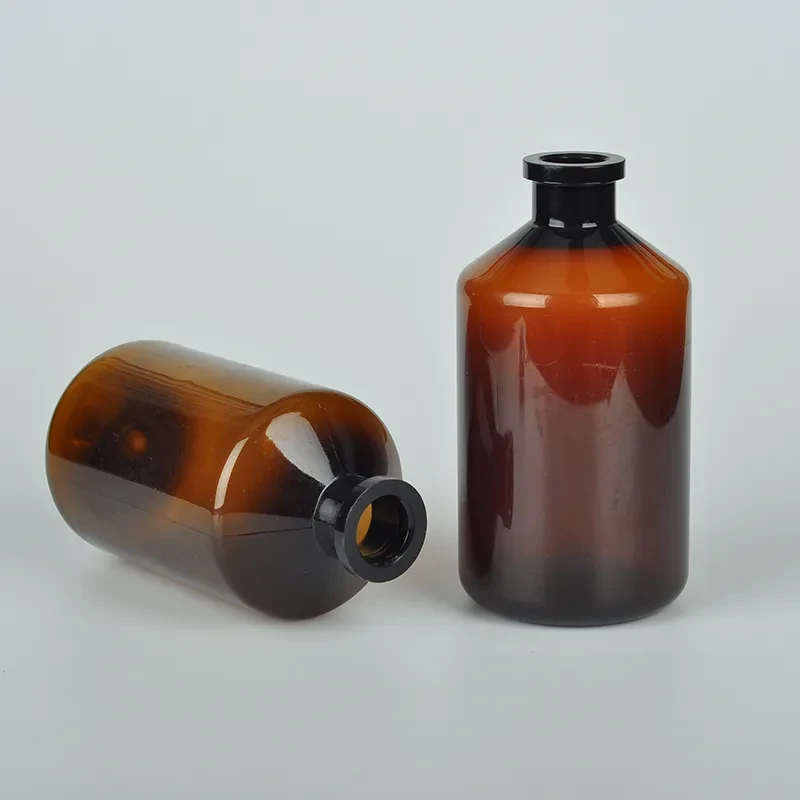science lab accessories
Essential Science Lab Accessories for Every Laboratory
In scientific research and education, a well-equipped laboratory is crucial for effective experimentation and learning. The right accessories not only enhance the efficiency of experiments but also ensure safety and precision. Whether in a school, college, or professional research setting, the following essential science lab accessories play a key role in creating a functional workspace.
1. Personal Protective Equipment (PPE)
Safety should always be a priority in any laboratory setting. Personal protective equipment such as lab coats, gloves, and safety goggles are fundamental accessories. Lab coats protect skin and clothing from spills and splashes, while gloves safeguard hands from chemicals and biological agents. Safety goggles shield the eyes from hazardous substances, flying debris, and harmful radiation. These items are indispensable for maintaining a safe working environment.
2. Glassware
Glassware is a staple in any science lab, providing the means to conduct experiments with precision. Beakers, flasks (like Erlenmeyer and volumetric), test tubes, and petri dishes are commonly used for mixing, measuring, and holding liquids. Each type of glassware serves a specific purpose beakers for general mixing, flasks for reactions requiring swirling or heating, and test tubes for performing small-scale experiments. The clarity and chemical resistance of glassware also enhance visibility and durability.
Precision is critical in scientific experimentation, making accurate measuring instruments vital. Graduated cylinders, pipettes, and burettes allow for precise liquid measurement, which is essential for reproducible results. Thermometers and pH meters are crucial for monitoring experimental conditions, while balances measure the mass of solids and liquids. High-quality measuring instruments contribute significantly to the reliability of experimental data.
4. Lab Equipment
Beyond basic accessories, various laboratory equipment enhances experimentation capabilities. General laboratory necessities include centrifuges, microscopes, and spectrophotometers. Centrifuges are used to separate substances based on density, crucial for biological and chemical research. Microscopes enable the observation of minute details in specimens, providing insights that are invisible to the naked eye. Spectrophotometers facilitate the measurement of light absorption in solutions, essential for quantitative analysis.
science lab accessories

5. Storage Solutions
Proper storage is essential for maintaining laboratory organization and ensuring the longevity of materials. Chemical storage cabinets, racks, and dedicated shelving units help keep hazardous substances secure and accessible. Reagents and samples can be stored safely in labeled containers, preventing mix-ups and contamination. Additionally, having well-organized storage solutions minimizes clutter and streamlines workflow in the lab.
6. Sample and Specimen Handling Tools
When working with biological specimens or chemical samples, handling tools are necessary to prevent contamination and ensure safety. Forceps, scalpels, and spatulas are often used for precise manipulation of small items. Scoops and transfer pipettes assist in moving materials without risking exposure to contaminants. Proper handling tools not only protect the integrity of samples but also enhance the overall laboratory experience.
7. Autoclaves and Sterilization Equipment
In microbiology and other fields dealing with sterile environments, autoclaves and sterilization accessories are essential. Autoclaves use high-pressure steam to sterilize equipment and materials, eliminating the risk of contamination. Other sterilization methods, such as UV sterilization and chemical disinfectants, are also important for maintaining a clean laboratory environment.
8. Analytical Tools
For advanced scientific research, analytical tools are indispensable. Chromatography kits, mass spectrometers, and electronic lab notebooks are some essential accessories that aid in data collection and analysis. Chromatography allows for the separation of mixtures, mass spectrometry provides mass-to-charge ratio data of ions, and electronic lab notebooks facilitate organized data recording and sharing. These tools enhance the depth of research and analysis possible in the lab.
Conclusion
A well-equipped science laboratory is integral to the success of experiments and research projects, making the selection of appropriate lab accessories crucial. From safety equipment to specialized analytical tools, each accessory serves a unique purpose, enhancing both functionality and safety in the laboratory. Investing in quality lab accessories not only supports scientific endeavors but also fosters an environment conducive to learning and discovery. As science continues to evolve, the importance of these essential accessories remains paramount, paving the way for innovation and advancement in various fields of study.
-
Aesthetic Makeup Spray Bottles | Fine Mist Empty RefillableNewsAug.19,2025
-
White Plastic Veterinary Vaccine Vials | Lab Liquid BottlesNewsAug.18,2025
-
Plastic Medicine Liquid Bottle: Secure Flip Top Drug VialsNewsAug.17,2025
-
Durable 250ml Blue Plastic Vaccine Vial for Lab & Vet UseNewsAug.16,2025
-
Sterile Virus Sample Tubes: Secure & Reliable Specimen CollectionNewsAug.15,2025
-
White 250ml Plastic Vaccine Vial for Lab & Vet MedicineNewsAug.14,2025
























